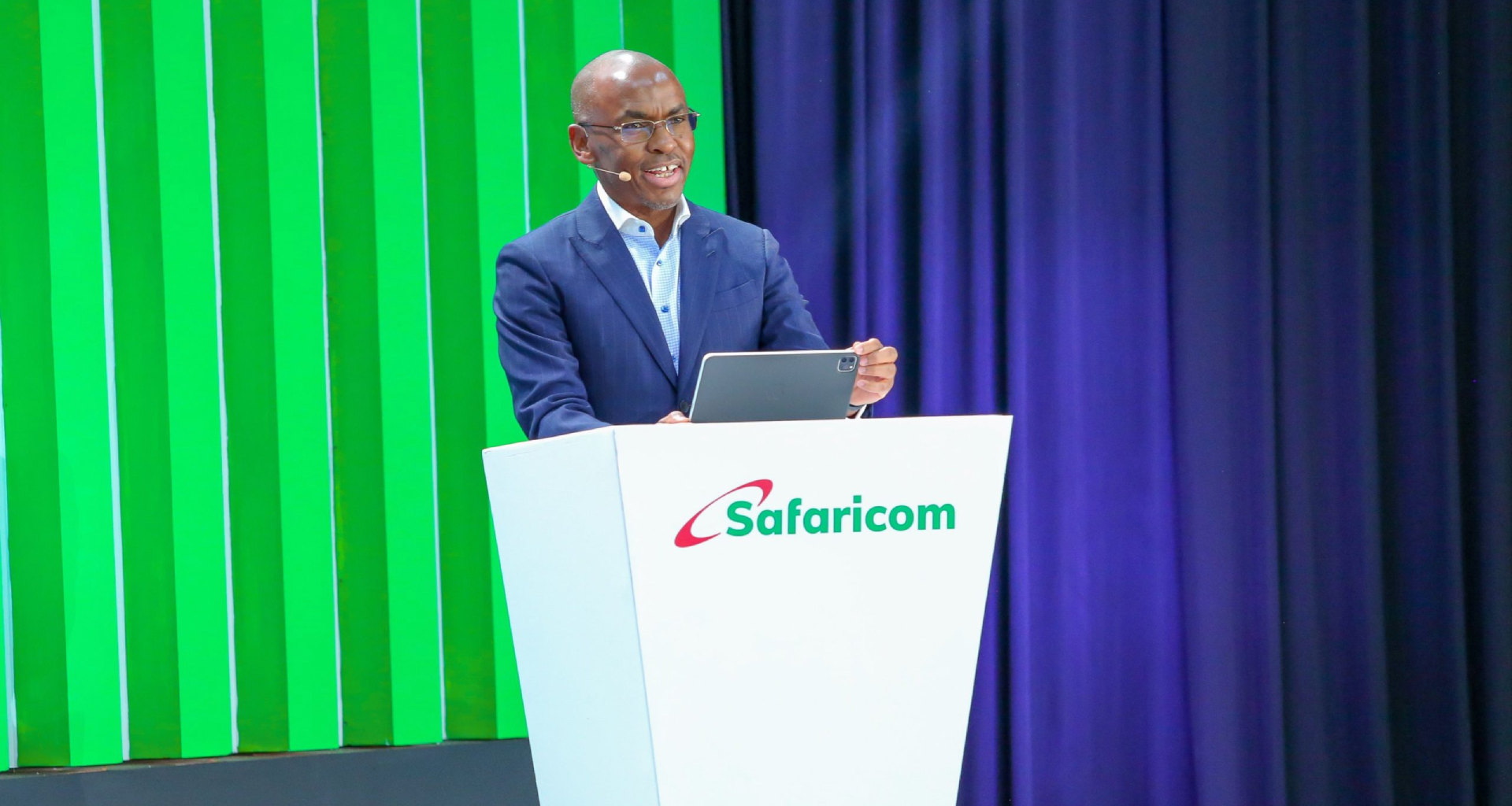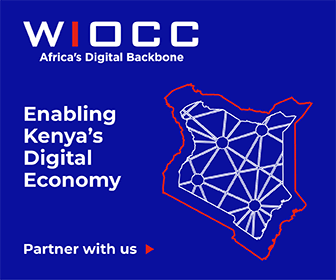Safaricom just launched B-Live, a mobile internet product that charges by time instead of data volume. Pay KES 20 for one hour or KES 150 for six hours of unlimited internet and stream, download, or browse as much as you want within that window.
This is Safaricom’s attempt to solve Kenya’s biggest telecom complaint: data bundles that vanish mysteriously fast. Instead of tracking MBs and GBs, customers now just watch the clock.
Heavy users who stream videos, download large files, or game online could save substantial money here. Under the old system, binge-watching a series might cost hundreds of shillings in data. Now it costs whatever time you purchase, regardless of how many GBs you consume.
On the flip side, someone who checks WhatsApp occasionally, reads emails, and browses lightly might pay more than before. The timer keeps running even when apps sit idle or data usage is minimal.
Safaricom has added restrictions that Kenyans would have taken advantage of to game this new model. Hotspotting will be disabled completely, and heavy users will face speed throttling under an undisclosed fair usage policy. These limitations mirror what the company already does with fiber and 5G services.
No other Kenyan operator offers comparable time-based mobile data at this scale. Airtel, Telkom, and Faiba stick to traditional volume-based pricing, though their per-gigabyte rates often cost less than Safaricom’s bundles.
Currently, Safaricom’s 4G network covers 96% of Kenya, far exceeding competitors. While rivals concentrate 5G in major cities, Safaricom has expanded into rural areas.
Network quality is a critical factor when customers pay for connection time rather than data volume. Slow speeds or dropped connections waste precious paid minutes, making Safaricom’s infrastructure investments essential for B-Live’s success.
Basically, this new system returns mobile internet to dial-up era billing (where users paid for connection time rather than download volume) but with modern network speeds. Safaricom hopes this will reduce network congestion as users become more conscious of unnecessary connections.
Heavy data users will likely embrace B-Live first, recognizing potential savings from unlimited consumption within fixed time periods. Light users will probably stick with traditional bundles, while moderate users will need to calculate which method offers better value.


